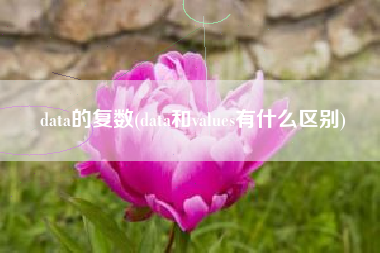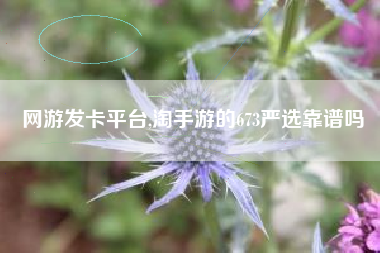data的复数,data和values有什么区别?
data:n. 数据(datum 的复数);资料

values:n. 价值观念;价值标准
vt. 评价;重视;估价(value 的第
三人称单数)
us变i的复数单词?
一、绝大多数的可数名词的复数形式,是在该词末尾加上后辍-s.
二、凡是以s、z、x、ch、sh结尾的词,在该词末尾加上后辍-es构成复数.
三、以辅音字母+y结尾的名词,将y改变为i,再加-es.
四、以-o结尾的名词,如果不是外来词或缩写,就加-es,否则加-s构成复数.
五、以-f或-fe结尾的名词,多为将-f或-fe改变为-ves,但有例外.
六、以-us结尾的名词(多为外来词),通常将-us改变为-i构成复数.
七、以-is结尾的名词,通常将-is改变为-es.
八、以-ix结尾的名词,通常将-ix改变为-ices,但有例外.
九、以-um结尾的名词,将-um改变为-a.
每种变化例子:
一、例:friend→friends; cat→cats; style→styles; sport→sports; piece→pieces
二、例:bus→buses; quiz→quizzes; fox→foxes; match→matches; flash→flashes
三、例:candy→candies; daisy→daisies; fairy→fairies; lady→ladies; story→stories
四、例:tomato→tomatoes; potato→potatoes; torpedo→torpedoes; bingo→bingoes
五、例:knife→knives; life→lives; leaf→leaves; staff→staves; scarf→scarves
六、例:fungus→fungi; abacus→abaci; focus→foci; cactus→cacti; cestus→cesti
七、例:axis→axes; basis→bases; naris→nares; hypothesis→hypotheses; restis→restes
八、例:matrix→matrices; directrix→directrices; calix→calices
九、例:forum→fora; stadium→stadia; aquarium→aquaria; datum→data
bacteria可数吗?
bacteria已经是复数了,单数是bacterium(一般很少用,因为研究单个细菌没意义),此类词还有data,单数的datum一般不用。
quantityof和quantitiesof的区别?
区别就是两者单复数形式是不一样,具体的不同如下
quantity of为单数形式,中文意思是大量的;
It's just very time consuming to get such a large quantity of data
获取如此大量的数据非常费时
quantities of为复数形式中文意思是
大量的;
例句
" Not only are the quantities of phytoplankton in the ocean changing, " she said, " but the type of phytoplankton is changing ."
"不仅海洋中浮游植物的数量在变化,"她说,"而且浮游植物的种类也在变化。"
有没有us的后缀?
题主是个有心人。拉丁语的单数后缀us的确很少,其复数后缀是i,相当于单词thing(s)。例如:①真菌fungus↹fungi [fʌndʒai]。②bonus好东西/奖金/红利,复数是bonuses。
后缀变音很多,是个乱象。us的变体是um, os。um居多,如③bacterium↹bacteria。④datum↹data。⑤logos理性,⑥pathos感性,⑦ethos灵性/气质/民族精神。据我所知,后三个词常被西方学者在演讲学中引用。






还没有评论,来说两句吧...